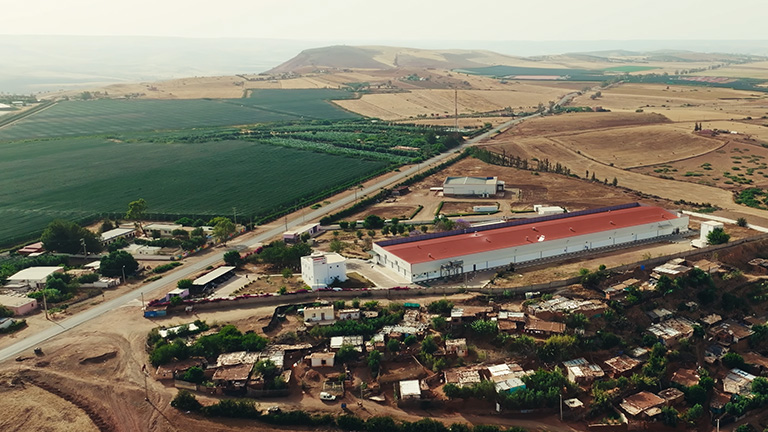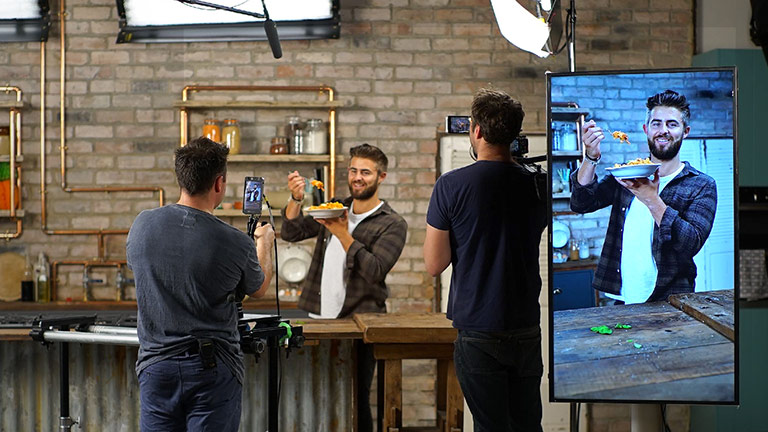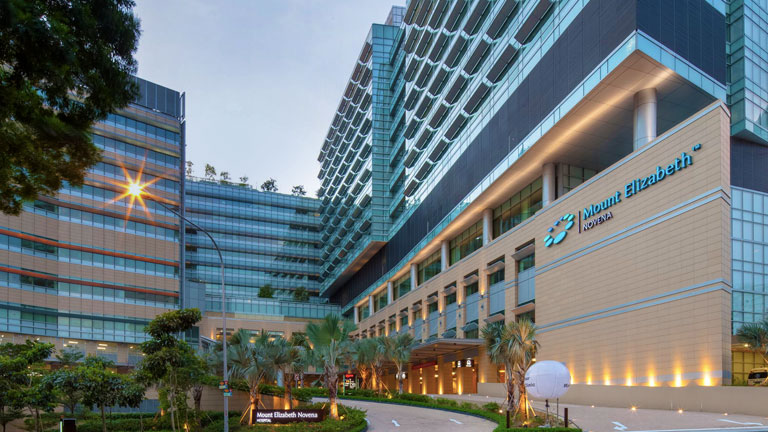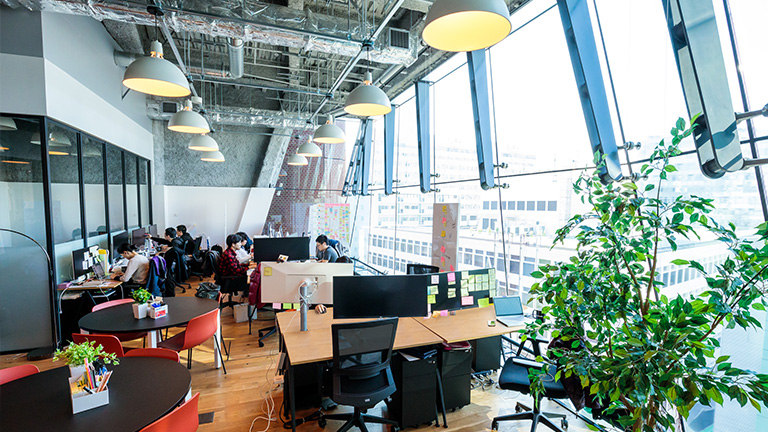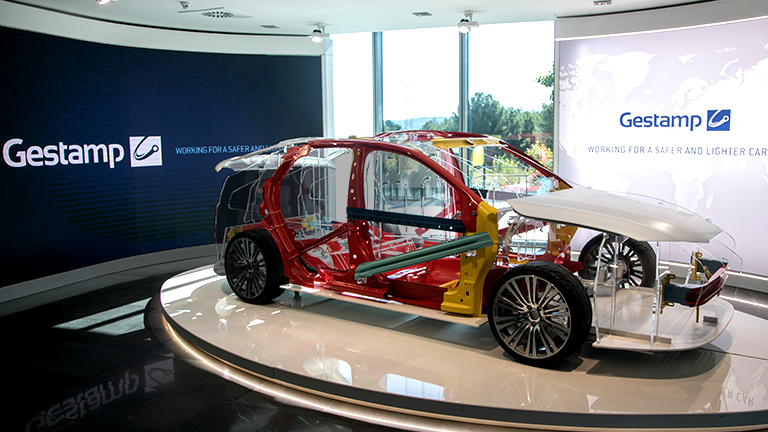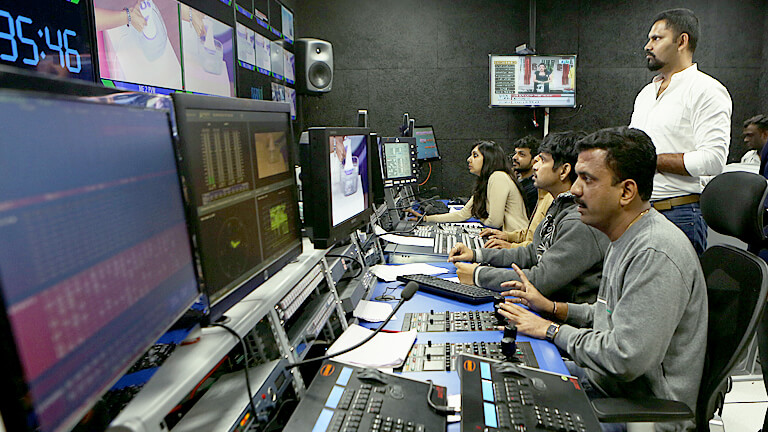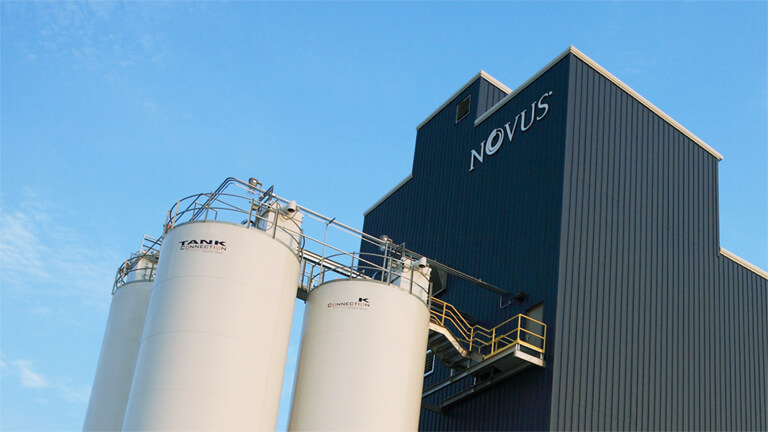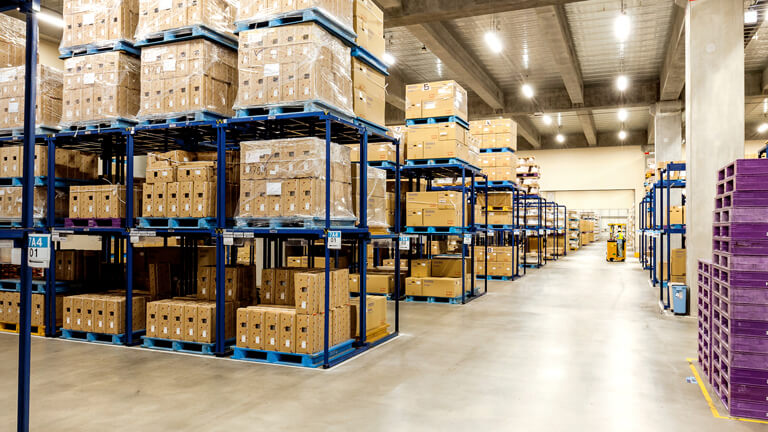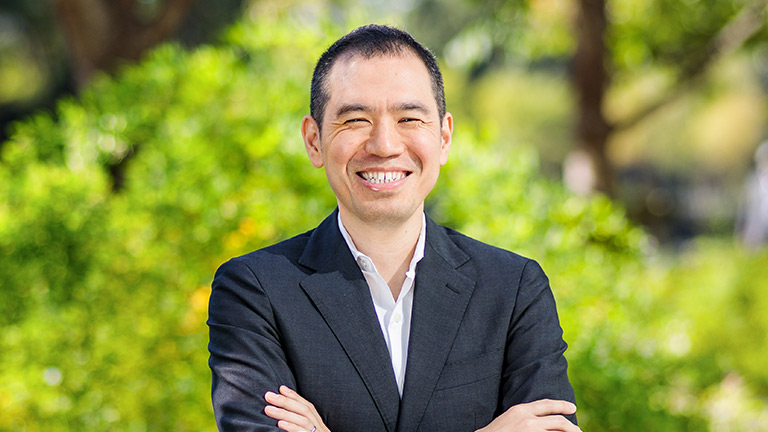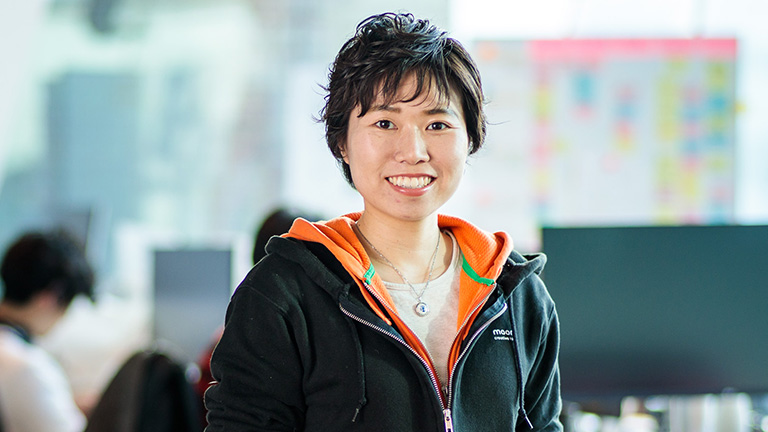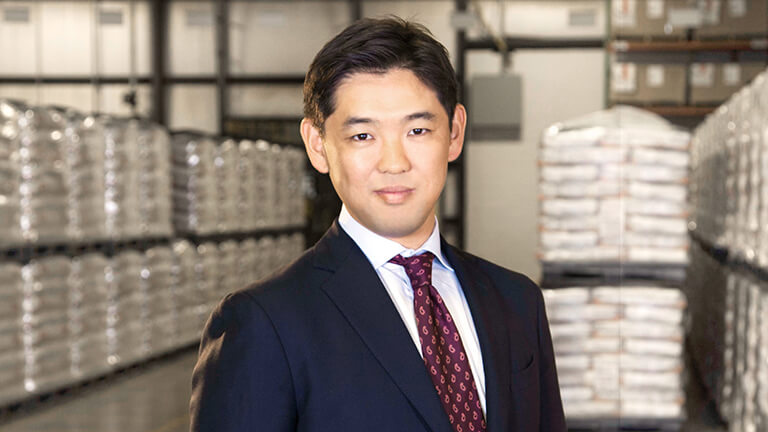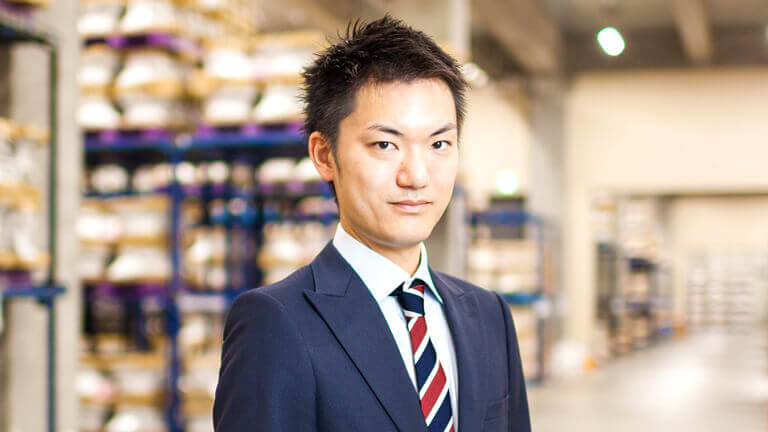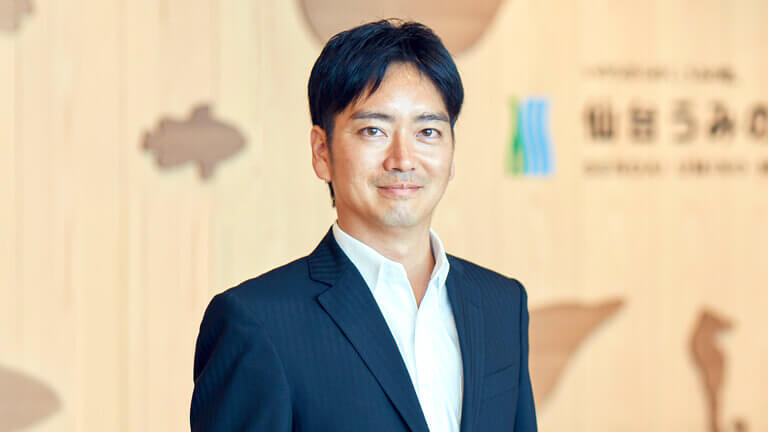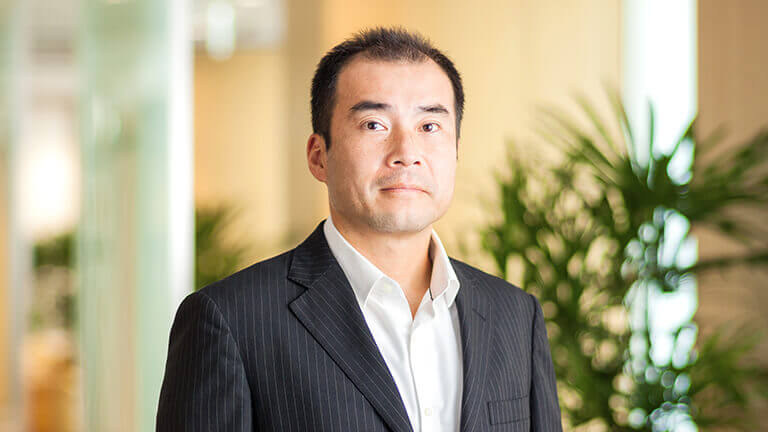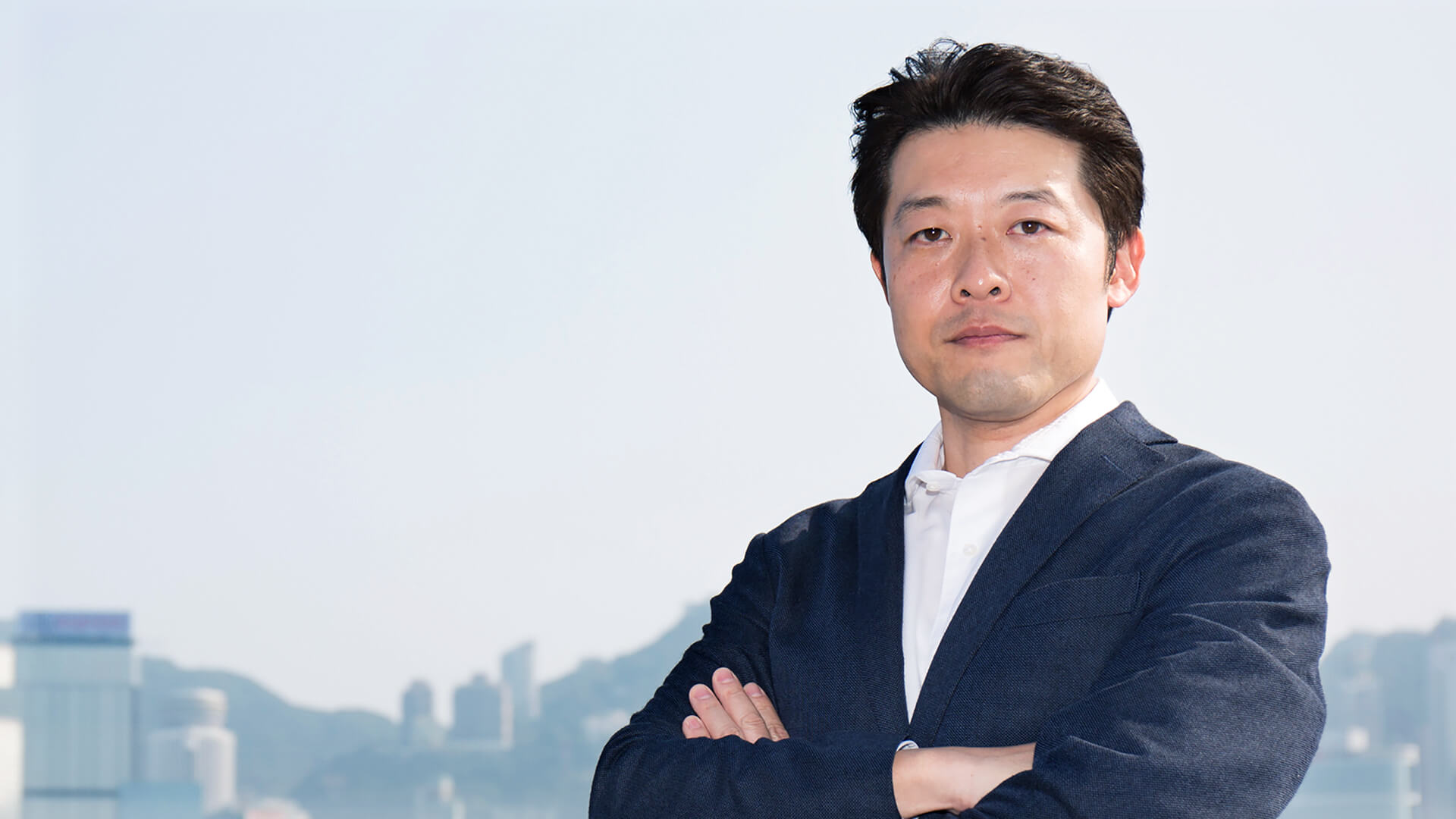
People
Takahiko Watanabe
Mitsui Bussan Frontier (China) Co., Ltd
Deputy Managing Director/General Manager of LCD Division
Hong Kong
The market for advanced electronics materials is expanding at the rate of 10% a year. How do you thrive in such a competitive sector? For Takahiko Watanabe, it’s down-to-earth human qualities like tenacity and empathy that are the key to success.
Advanced materials. Old-fashioned problem-solving
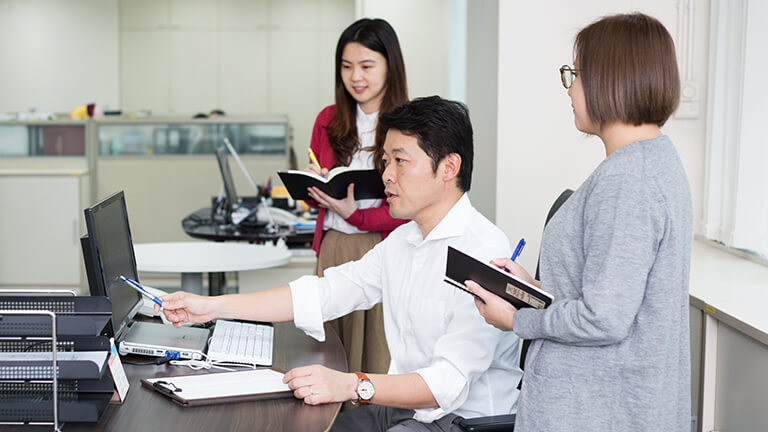
My work involves contract manufacturing liquid crystal displays for smartphones and cars. The LCD module of a smartphone is made up of a liquid crystal display, a touch panel and a glass cover. A display manufacturer subcontracts the assembly of the LCD modules to us and to our Chinese manufacturing partner in Dongguan in the Pearl River Delta. Our partner’s factory turns out 150,000 LCD modules every day. That’s one and a half modules per s.econd.
The Mitsui team has 18 people in Tokyo and 24 in Hong Kong and Dongguan. As well as being deputy MD of MBFC, our Hong Kong entity, I’m general manager of the LCD division. I supervise every aspect of the business. Whether deciding on business plans or capital investments with the Tokyo head office, keeping things running and doing everyday troubleshooting, or communicating with our Chinese partner—I have to keep an eye on everything. I’m based in Hong Kong but usually spend half the week at the factory in Dongguan.
Sheer unpredictability is the toughest thing about this job. Problems are always catching you by surprise. Maybe a warehouse elevator breaks down and you can’t get the pallets down, maybe there’s a power outage in the cold storage unit. You can’t draw up a manual for every eventuality. You’ve got to make decisions on the fly.
What you’ve got to avoid at all costs are production line stoppages because they mess up the shipping schedule. Any single problem has multiple knock-on effects. We need to detect problems early, decide what to do and do it. Problems will occur, but we can minimize or eliminate them.
At the same time, successfully overcoming those problems is probably my biggest source of satisfaction. Here’s an example: in 2015 we changed our approach to the bonded system. Sticking with the old way of doing things would have driven up costs by around $20 million. That was enough to put our whole business at risk, so we decided to apply for a more advanced bonded-processing license. It was tough; we had to rebuild our whole system from scratch. But by working closely with our Chinese partner for around a year, we managed to get the new license in time and keep the business ticking over.
It’s funny. I’m in the so-called advanced materials business, but to make “advanced” materials you need a support structure that’s quite simple and down-to-earth. Being smart isn’t good enough. If you want results, you’ve got to solve all the different problems as they occur at the factory or warehouse. As you build up experience, you’re better prepared and you can take things to the next level. That’s how I see it.
A mission to exceed customer expectations

When I was in my twenties, I sold electronics materials. My biggest customers were Korean printed circuit board manufacturers. I sold them copper foil for etching patterns into circuit boards. I was probably making overseas trips to pitch new materials on a weekly basis. Selling things was quite a contrast to contract manufacturing where the customer provides you with a “recipe” of exactly what they want you to make.
When I was on the sales side, I had to try to imagine my customers’ needs and propose products accordingly. Figuring out their needs was a big part of the job. Now the customer simply tells us what they want us to do. I don’t want to get too used to that. I don’t want to feel I can take it easy. Anyway, just responding to the customer’s needs and following their recipe is not enough. You’ve got to go beyond that. That’s how you create value. I want to offer a higher level of satisfaction. For me, that’s Mitsui’s mission.
Better quality through shared responsibility
We’re an electronics manufacturing service. How can an EMS really deliver? My one-word answer to that is fusion. Not coordination or collaboration, but a complete fusion of functions. Everyone at every level has to work together as a single professional unit.
Our business involves many people in Dongguan, Hong Kong and Tokyo. They’re all different, but they all have a grasp of the whole operation and share a common goal. They know that if they mess up, everyone else will feel the impact.
Empathy’s important. Whether people are working in Tokyo or Dongguan, they need to have a collective sense of responsibility about their particular job. They need to know that if something goes wrong at Mitsui in Tokyo, it will affect someone in Dongguan. That’s the attitude that makes everybody raise their game.
I recently went to a seminar on quality control by a retired Japanese manufacturing executive. He argued that the quality control model used in auto-production supply chains wasn’t suitable for smartphones. With smartphones, we have to produce many more units in a far shorter timeframe, while keeping costs low and quality high. We’re on the cutting edge; there is no existing model for what we do. The executive suggested that total supply chain management and optimization could become an MBA subject in 10 years’ time. That’s a pretty exciting idea. I mean, with all the on-site experience of manufacturing we have, Mitsui is very well placed to come up with a new model specifically for the mass production of consumer electronics.
Posted in June 2018

